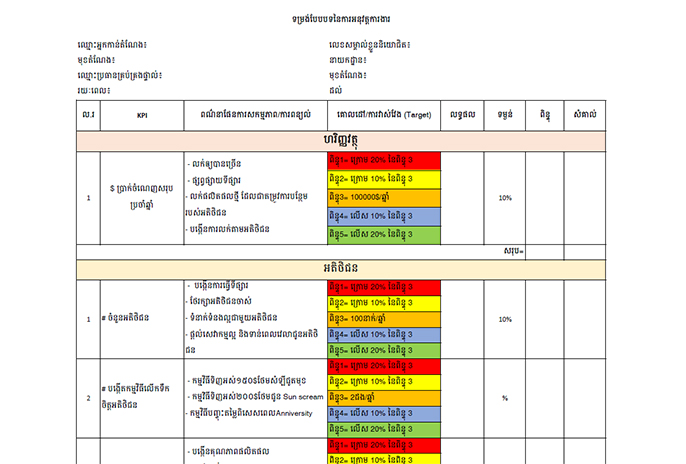In a small business environment, the HR department deals with all areas of employee relations. Tasks vary by company but usually include staff and business operations. HR principles help keep employees on the same page and improve day-to-day business operations. Without these principles, employees may be confused about the culture and expectations of the company, causing a chaotic work environment.
Recruitment and employment
Advertising for and hiring staff is an essential HR function. An HR policy that integrates what goes into the recruiting process and informs employees of company expectations and procedures. This is especially useful if the employee wants to send you a job application for your company.
Rentals and promotions
HR policy explains the company’s position on hiring and promotion. This includes the grounds for hiring layoffs and the process for growth in the company. Employees who typically leave the company in good standing are usually entitled to reimbursement, and employees who meet or exceed their expectations receive promotion. These principles include what the employee needs to consider in these cases before they decided to leave.
Compensation and appraisal
HR employs labor analysis techniques and market surveys to determine the number of incentive to repay an employee while remaining competitive in the workforce. In addition, the department develops policies that address employee appraisal and performance management. While the policies do not specify how many employees they receive, they shall inform employees that they are compensated in accordance with their skills, efforts, and scope of responsibility. This informs the employee of the basis for compensation.
Training and development
HR policies include provisions for training and professional development so employees know the development resources available to them. These policies also helped to assure new employees as well as those who have been given additional responsibilities.
Employee issues
HR policy informs employees on how to deal with workplace issues. Whether this involves a coworker, management, or the job itself, employees want to know that they have someone with whom they can share their concerns privately. This principle shows the chain of command in dealing with issues such as the employee approaching her manager or supervisor first or going directly to HR.
Company rules
The HR Policy Manual outlines the internal policies and ethics of the company. This includes items such as professional dress code, vacations, personal time, safety in the workplace, discrimination, and communication with colleagues and clients. Ethics is especially important because it often varies from person to person. By highlighting what constitutes good behavior in your company, employees know what they expect.
Employment Law Application
Labor laws are broad and complex. HR policies include posting rules to let employees understand how the law applies to them. Minimum Wage Policies, overtime, record keeping, employee benefits and leave specify what employees are entitled to and how they do their part to ensure timely payments, such as sending a time slip to Departments pay salaries on time.
Basis for termination
The HR policy outlines why employees can be fired. Explaining the reason for termination can help protect the company from retaliation if the employee is fired for violating the principles outlined in the Company’s Guidelines.
To help MSME better understand how to write company internal rules and HR policies, the following downloadable files are available for download. However, it is important to note that in order to have good and compliant documentation of these policies you should consult an expert to compose or design in accordance with the Cambodian Labor Law.







